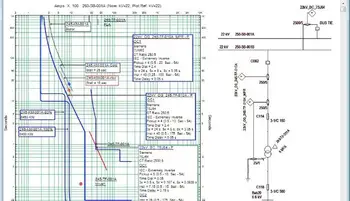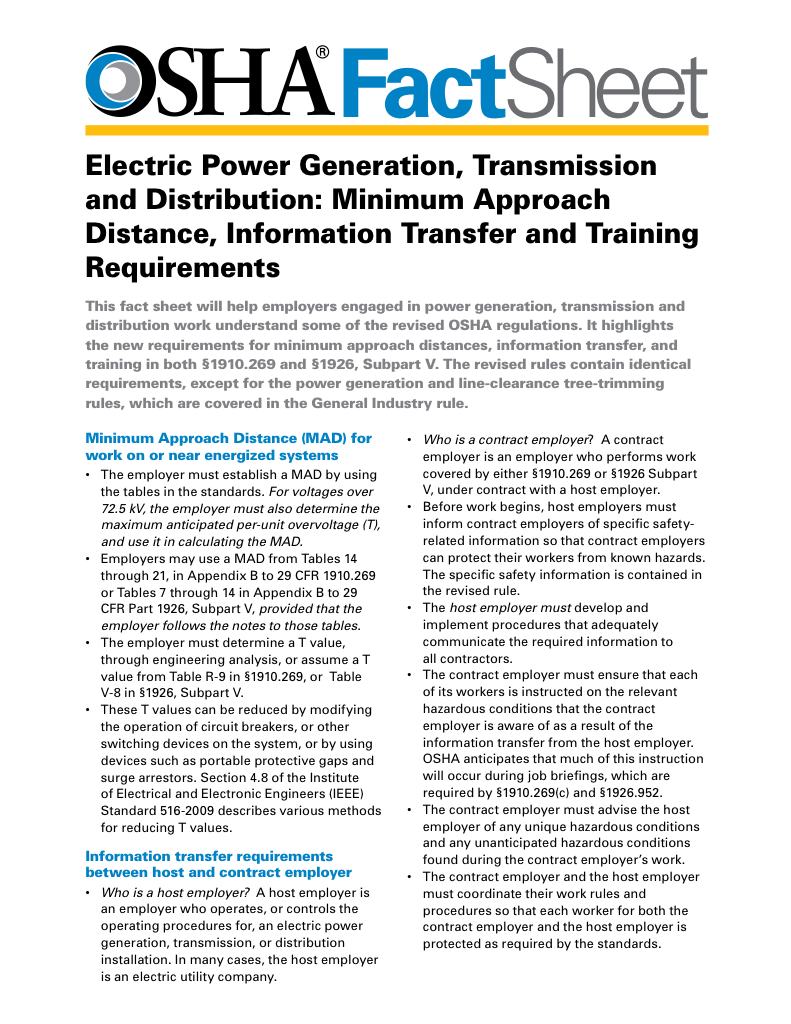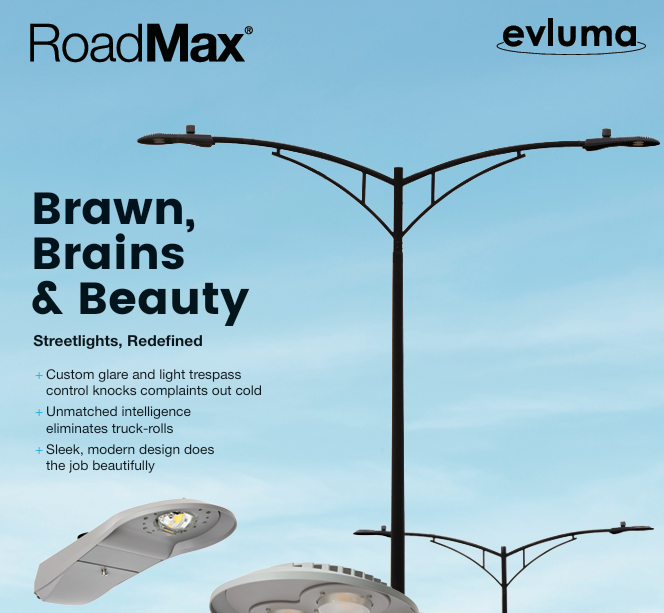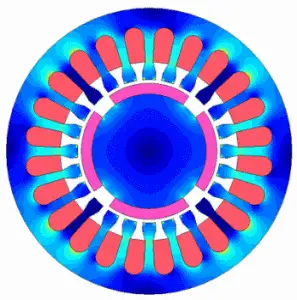Power System Training
Arc Flash Analysis/Study
Our customized live online or in‑person group training can be delivered to your staff at your location.

- Live Online
- 12 hours Instructor-led
- Group Training Available
Download Our OSHA 3873 Fact Sheet – Minimum Approach Distance and Training Requirements

- Calculate MAD using voltage and overvoltage values
- Ensure proper communication between host and contract employers
- Meet OSHA training requirements for qualified electrical workers
Power system training equips engineers for grid operations, protection and control, SCADA integration, load flow and fault analysis, relay coordination, substation automation, and compliance with IEC/NERC standards to ensure reliability and power quality.
What Is Power System Training?
Structured training on grid design, operation, protection, SCADA, and analysis to deliver safe, reliable electric power.
✅ Load flow, short-circuit, and stability studies using industry tools
✅ Protection schemes: relays, coordination, IEC 61850, arc-flash safety
✅ SCADA, EMS/DMS, and substation automation for grid reliability
Power System Training: A Comprehensive Course in Power System Engineering
If you are an electrical engineer looking to advance your knowledge in power systems engineering, then our Power System Training course is the perfect fit for you. Our 30-hour training course covers all aspects of electrical power systems, from an introduction to power to power generation, transmission, and distribution. For an overview of related professional development options, see the electrical training programs offered through our institute for further context.
The power system training course is actually three separate courses: Power System Fundamentals, Short Circuit Study and Protective Device Coordination, and Arc Flash Analysis. The three courses together are designed to help both junior and experienced electrical engineers understand electrical power systems as they apply to industrial, commercial and institutional buildings and facilities. NOTE: Course Includes FULL Demo Power System Analysis Software License.
Course #1 - Power System Fundamentals
https://electricityforum.com/electrical-training/power-system-fundamentals
In the Power System Fundamentals course, we start with system design, emphasizing the importance of sound design principles. We discuss equipment selection, specification and application, system grounding, protection, and conformity with electrical codes. We also cover typical one-line and relaying diagrams for various applications, including circuit breakers, distribution systems, and electric power systems. We also introduce practical concepts in load studies, where the load flow analysis methods help engineers validate design assumptions.
FREE EF Electrical Training Catalog
Download our FREE Electrical Training Catalog and explore a full range of expert-led electrical training courses.

- Live online and in-person courses available
- Real-time instruction with Q&A from industry experts
- Flexible scheduling for your convenience
Course #2 - Short Circuit Study & Protective Device Coordination
https://electricityforum.com/electrical-training/short-circuit-study-training
In the Short Circuit Analysis & Protective Device Coordination course, we provide a comprehensive description of the principles and concepts of analysis, application, and operation of protection schemes for various power system elements. This course emphasizes the selection of time/current characteristics, protection, selectivity, and deriving protective device settings consistent with National Electric Code and ANSI Standard requirements. We also cover short circuit analysis, including in-class curve drawing exercises and actual case histories to familiarize trainees with the art of power systems coordination. To support these studies, we demonstrate how to apply the short-circuit current calculation techniques to real plant scenarios.
Course #3 - Arc Flash Analysis/Study - IEEE 1584 Update
https://electricityforum.com/electrical-training/arc-flash-analysis-training
The Arc Flash Analysis/Study course provides an in-depth review of fault analysis problems in industrial, commercial, and institutional power systems, and provides the means for solving such problems. We also discuss the impact of short-circuit fault currents on equipment selection. This course includes a comprehensive arc flash study, including an update on the IEEE 1584 standard, and emphasizes the importance of safety when working with electrical power systems. This safety-centric perspective resonates with the day-to-day practices of a high-voltage electrician, highlighting procedures that protect personnel and equipment.
Power System Training - Who Should Attend?
Our Power System Fundamentals, Short Circuit Study and Arc Flash Study courses are designed for utility, industrial, commercial and institutional power system electrical engineering personnel, electrical consulting engineers, as well as electrical design engineers, who are responsible for the reliable design, engineering and operation and of industrial, commercial and institutional electric power distribution systems. Plant, facility, and corporate electrical engineers deal with one or more company distribution systems and consulting and utility engineers deal with clients' systems. Consultants and architect-engineers will also find this course very beneficial. Professionals pursuing or advancing a career in power system engineering will find the curriculum aligned with modern industry expectations.
Power System Training - What Will You Learn?
After completing our Power System Training courses, participants will have a comprehensive understanding of electrical power systems and the ability to design, engineer, and operate industrial, commercial, and institutional electric power distribution systems with safety, maintenance, troubleshooting, and efficient operation in mind. Participants will also have the skills to apply protective devices and coordination schemes for various power system elements, solve fault analysis problems and understand the impact of short-circuit fault currents on equipment selection. These outcomes are consistent with the competencies emphasized in power system analysis and design courses used across the sector.
If you are looking to expand your knowledge in power system engineering, then our Power System Training course is the right choice for you. Our comprehensive course covers all aspects of electrical power systems, including power system fundamentals, short circuit analysis, and arc flash analysis. Our course is designed for electrical engineering professionals. It will provide you with the skills and knowledge necessary to design, engineer, and operate electric power distribution systems with safety, maintenance, troubleshooting, and efficient operation in mind. Additionally, our course covers the latest developments in renewable energy, making it a valuable resource for engineers looking to stay up-to-date in their field. Many case examples reference common plant voltages, and the 480 V power and current formula is reviewed to reinforce practical calculations.
Complete Course Details Here:
https://electricityforum.com/electrical-training/electrical-power-system-training
Special Discount Package
Students can register for all three courses here: Electrical Power System Analysis and Design - Our 5 day (30 hours) live online instructor-led course.







